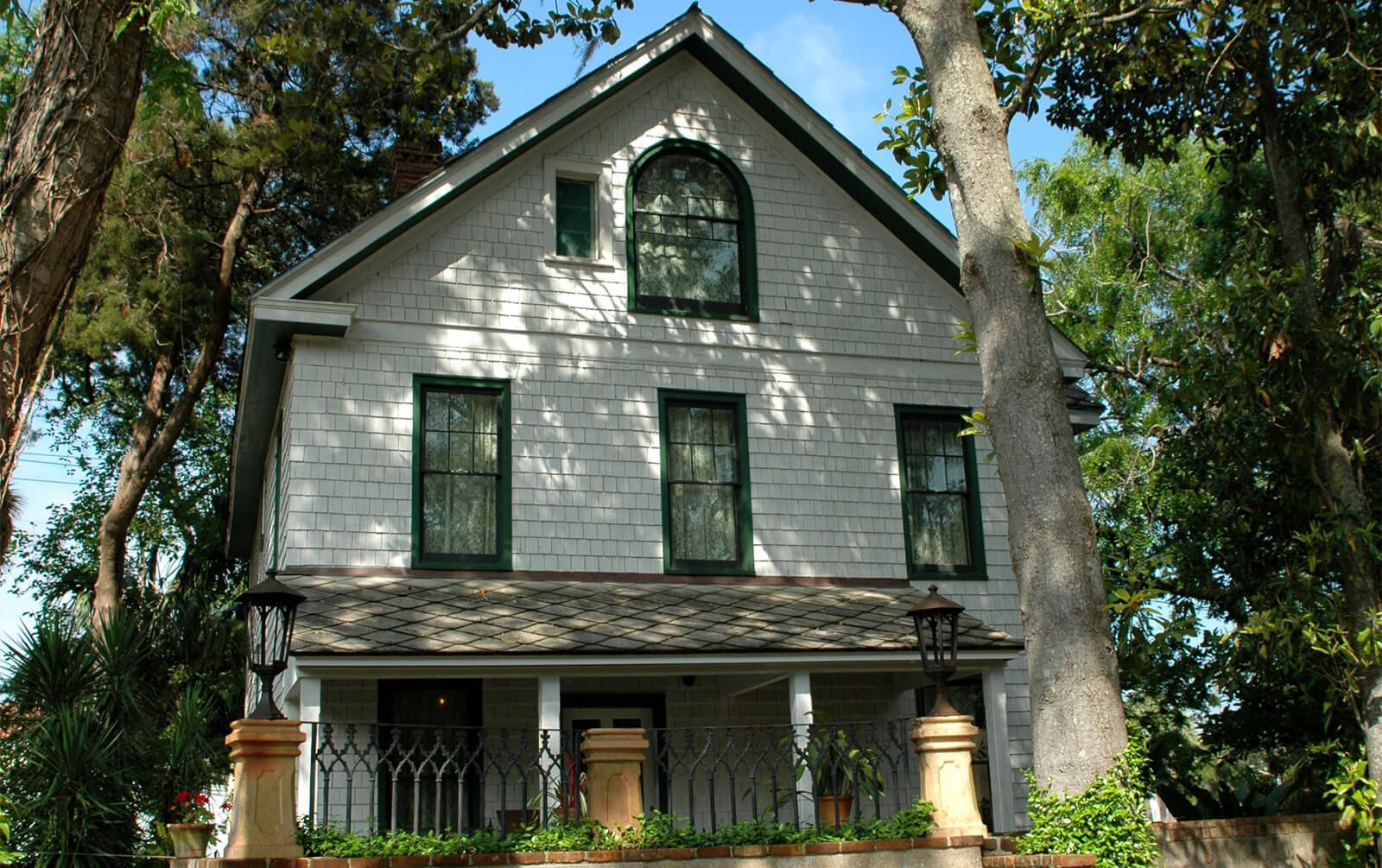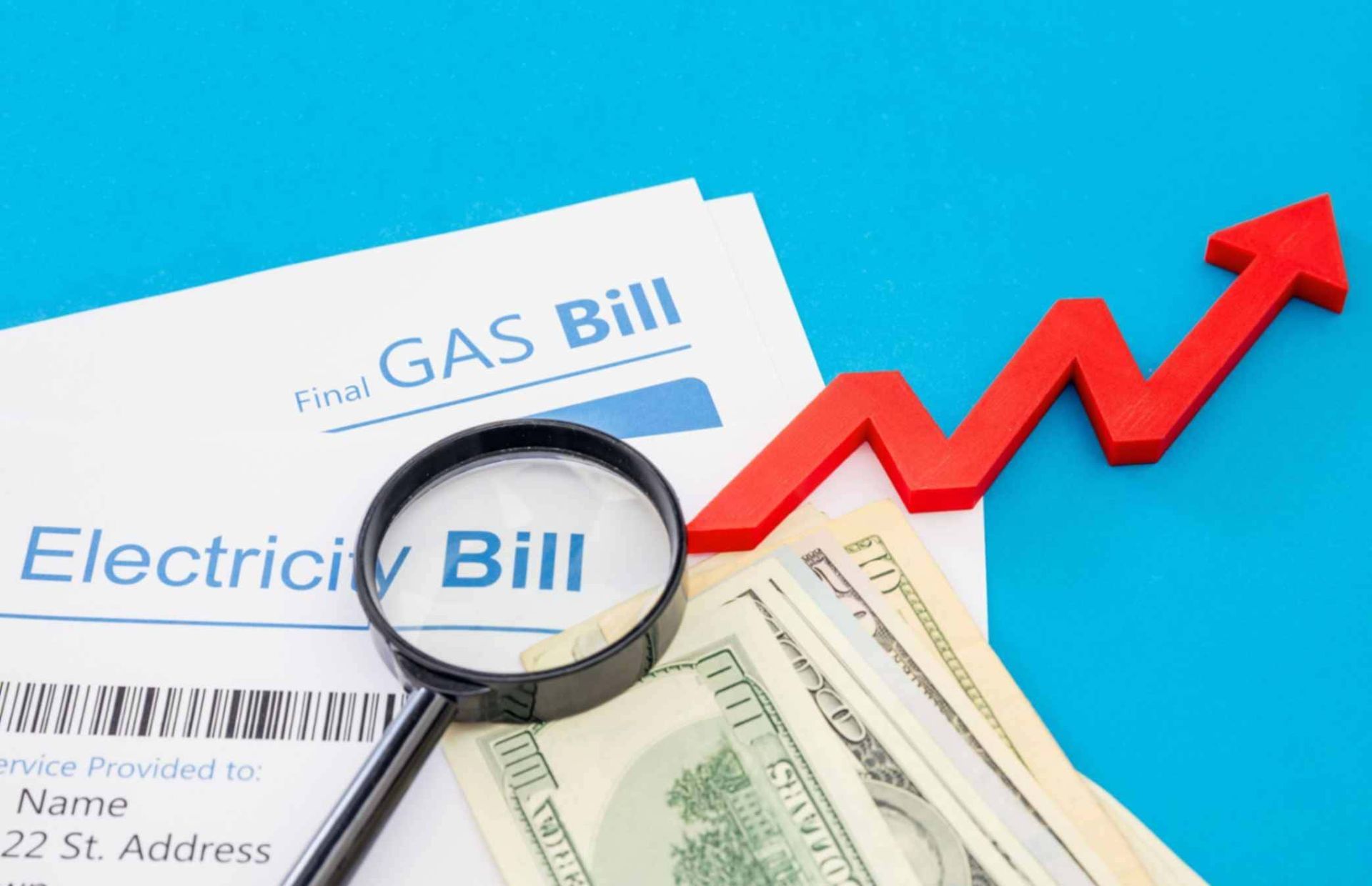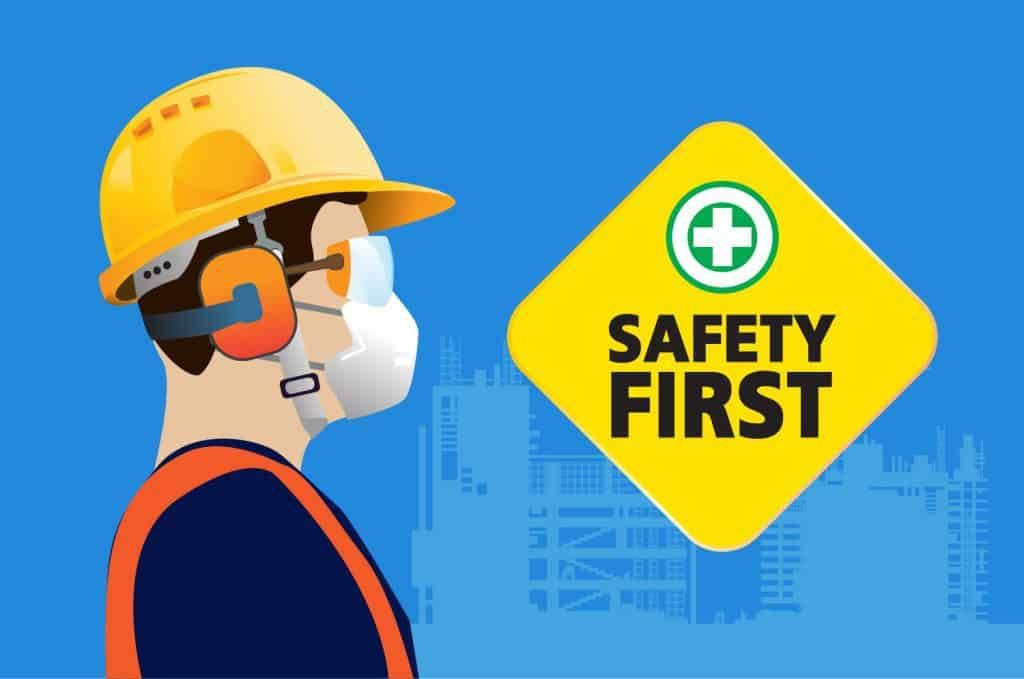Are There Health Risks Associated with Spray Foam Insulation in your home?
Spray foam insulation has become a popular choice among Warren homeowners for its energy efficiency, airtight sealing, and long-lasting durability. However, many homeowners are concerned about potential health risks associated with its installation and long-term use.
In this guide, we’ll break down the safety concerns, potential health effects, and precautions you should take when considering spray foam insulation for your home.
What is Spray Foam Insulation?
Spray foam insulation is a polyurethane-based material that expands upon application to create an airtight seal. It is commonly used in walls, attics, basements, and crawl spaces to prevent heat loss and improve indoor comfort.
Types of Spray Foam Insulation
- Open-Cell Spray Foam
- Lighter, flexible, and more affordable
- Allows slight air permeability
- Best for soundproofing and interior walls
- Closed-Cell Spray Foam
- Denser and moisture-resistant
- Provides a higher R-value (better insulation performance)
- Best for basements, crawl spaces, and exterior walls
Are There Health Risks During Installation?
The primary health risks associated with spray foam insulation occur during installation due to exposure to volatile organic compounds (VOCs) and isocyanates.
Short-Term Health Risks (During Installation)
🔹
Respiratory Irritation – Exposure to fumes can cause breathing difficulties, throat irritation, and coughing.
🔹
Eye & Skin Irritation – Contact with wet foam can cause burns, redness, and allergic reactions.
🔹 Headaches & Nausea – Strong chemical odors may lead to dizziness and nausea.
How to Minimize Risks:
✅
Professional Installation – Hire trained contractors who follow safety guidelines.
✅ Proper Ventilation – Keep the home well-ventilated during and after installation.
✅
Temporary Evacuation – Homeowners should stay out of the house for at least 24-48 hours until the foam fully cures.
Is Spray Foam Insulation Safe After It Cures?
Once spray foam insulation has fully cured, it becomes inert and generally safe for homeowners. However, if improperly installed, it can pose lingering health risks.
Potential Long-Term Health Risks
❌ Lingering Odors – Can indicate incomplete curing, leading to off-gassing of chemicals.
❌ Cracking or Shrinking – Poor installation may result in foam degrading or releasing small particles.
❌ VOC Emissions – Low-quality foam may continue releasing trace amounts of VOCs over time.
How to Ensure Long-Term Safety:
✅ Use Low-VOC Spray Foam – High-quality spray foam emits fewer chemicals after curing.
✅ Ensure Proper Application – A trained professional will apply the right thickness and mixture.
✅ Inspect for Odors or Damage – Any strong chemical smells after curing should be checked by an expert.
Is Spray Foam Insulation Toxic for Pets and Children?
Pets and young children are more sensitive to chemical fumes and VOC exposure.
- Keep them out of the home for at least 48 hours post-installation.
- Ensure good airflow before re-entry.
- Monitor for allergic reactions or respiratory issues after returning home.
Safer Alternatives to Spray Foam Insulation
If you’re concerned about potential health risks, consider alternative insulation options such as:
🔹 Blown-in cellulose insulation – Made from recycled materials, eco-friendly, and non-toxic.
🔹 Fiberglass insulation – Less chemical exposure, but requires proper sealing to prevent air leaks.
🔹 Mineral wool insulation – Fire-resistant and provides excellent soundproofing.
Final Thoughts: Is Spray Foam Insulation Safe for your home?
Spray foam insulation is safe and highly effective when installed correctly. However, homeowners should be aware of potential health risks, especially during installation. By hiring a professional insulation contractor in Warren, MI, using high-quality materials, and following proper ventilation and curing practices, you can enjoy the energy-saving benefits of spray foam insulation without compromising your health.
If you’re considering spray foam insulation for your home in Warren, consult a trusted local contractor to ensure a safe, professional installation.








